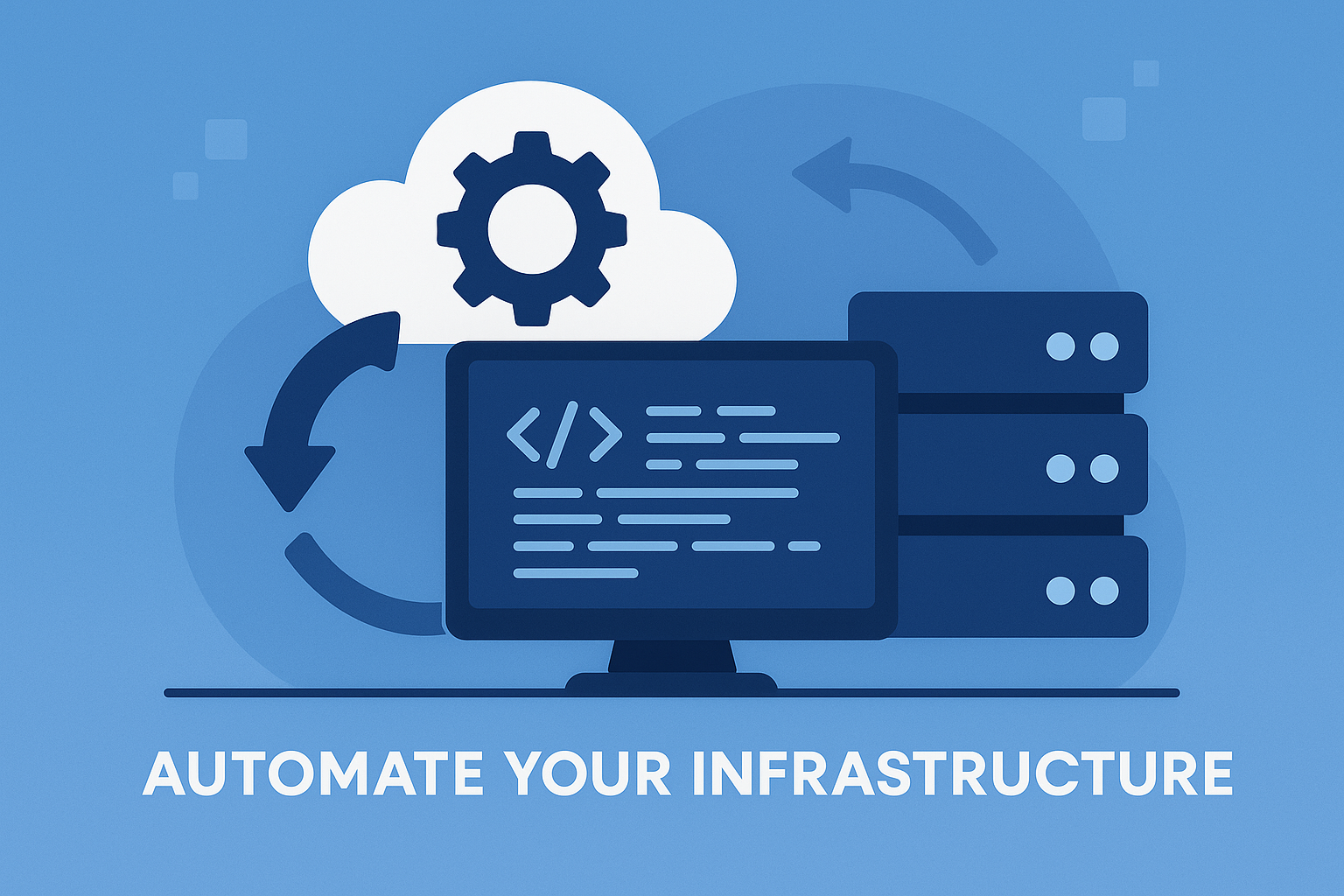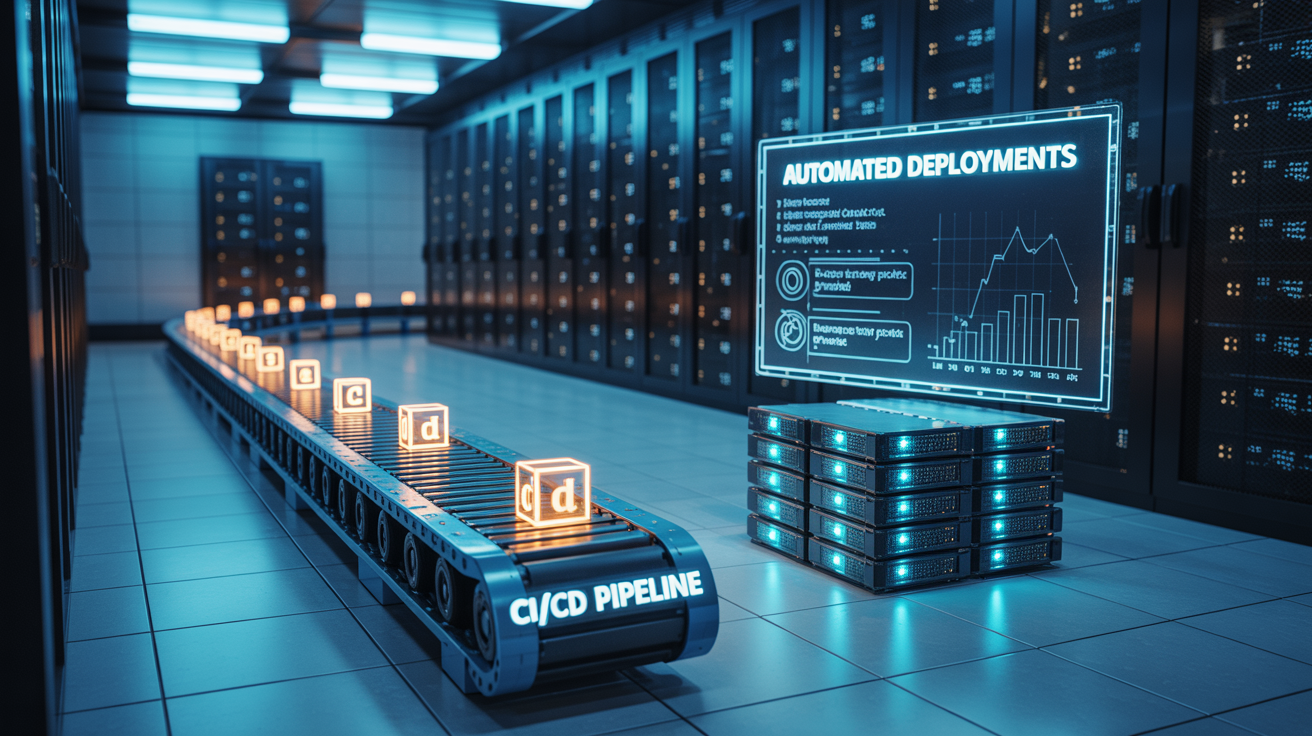CI Runner
What is a CI Runner?
A CI Runner is an execution agent responsible for running Continuous Integration (CI) jobs in a CI/CD pipeline. It automates the process of building, testing, and deploying code by executing predefined scripts or commands. CI Runners are commonly used in tools like GitLab CI, GitHub Actions, and Jenkins.
How Does a CI Runner Work?
CI Runners work by fetching the latest code from a repository, executing pipeline jobs, and returning the results. The process typically involves:
- Job Execution: Runs predefined build, test, and deployment tasks.
- Environment Setup: Configures dependencies, compilers, and runtime environments.
- Parallelization: Runs multiple jobs concurrently to speed up builds.
- Logging and Reporting: Captures build logs and provides status feedback.
Types of CI Runners
- Shared Runners: Hosted by CI providers and shared across multiple projects.
- Self-Hosted Runners: Installed and managed by users on their own infrastructure.
- Docker Runners: Runs jobs inside isolated Docker containers.
- Shell Runners: Executes jobs directly on the host machine using shell commands.
Why is a CI Runner Important?
CI Runners automate software builds, tests, and deployments, reducing manual effort and ensuring fast, reliable releases. They play a crucial role in DevOps workflows by maintaining continuous integration and delivery processes.
Key Features of a CI Runner
- Automated Job Execution: Runs CI/CD tasks without manual intervention.
- Multi-Platform Support: Works across Linux, Windows, macOS, and cloud environments.
- Scalability: Handles multiple jobs in parallel for faster build times.
- Security and Isolation: Uses containers or virtual machines for secure execution.
Benefits of Using a CI Runner
- Faster Development Cycles: Automates testing and deployment processes.
- Consistent Builds: Ensures uniform execution across different environments.
- Reduced Human Errors: Eliminates manual intervention in CI/CD workflows.
- Better Resource Utilization: Optimizes system resources by running jobs efficiently.
Use Cases for CI Runners
- Continuous Integration: Automates code compilation and testing for every commit.
- Continuous Deployment: Deploys applications automatically after successful builds.
- Infrastructure as Code (IaC): Runs Terraform or Ansible scripts in CI/CD pipelines.
- Security and Compliance: Performs automated security scans and vulnerability checks.
Summary
A CI Runner is a core component of CI/CD pipelines that automates the execution of build, test, and deployment tasks. By enabling continuous integration and improving software release efficiency, CI Runners help teams deliver high-quality applications faster.



